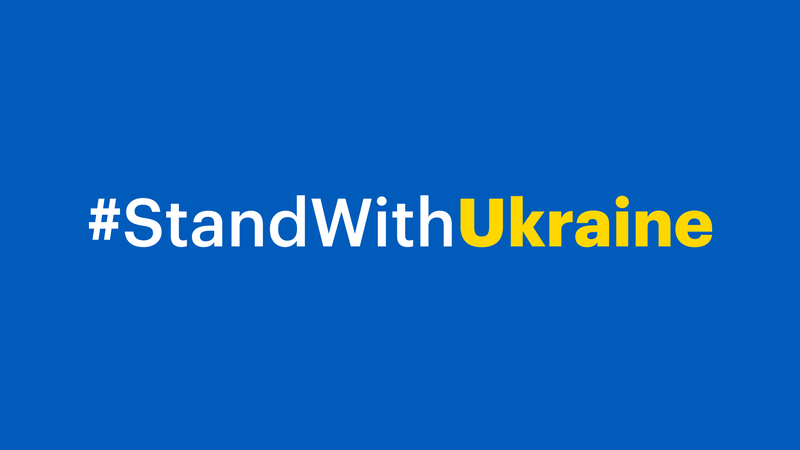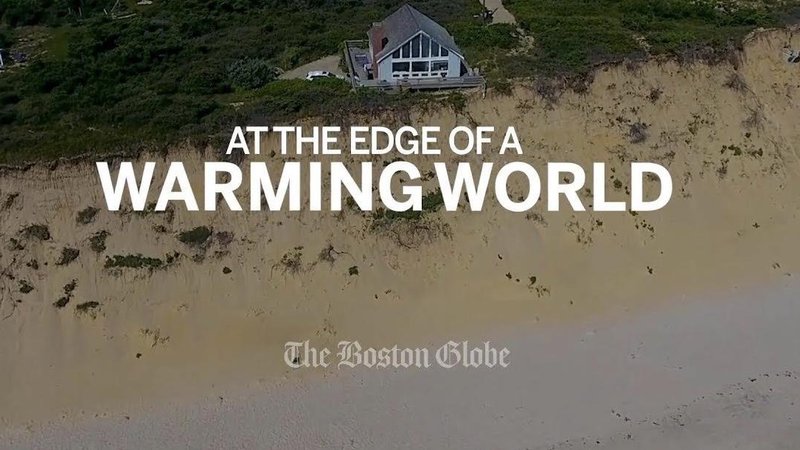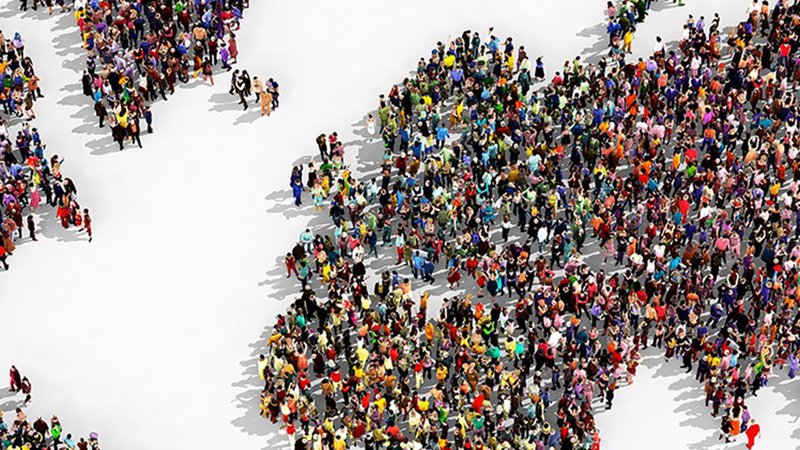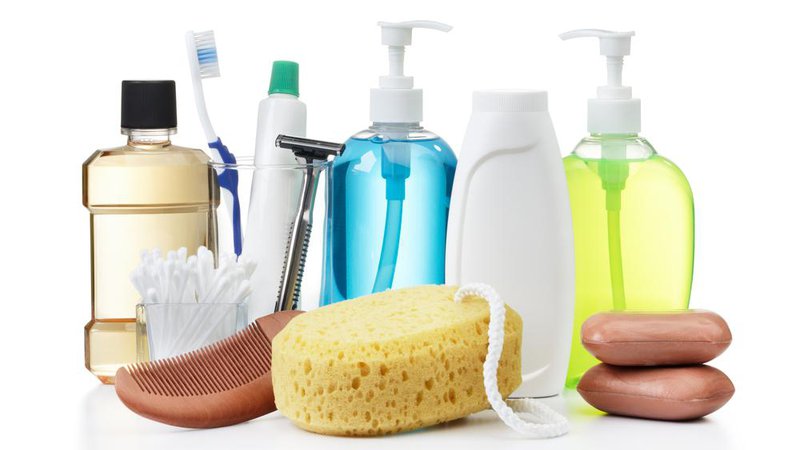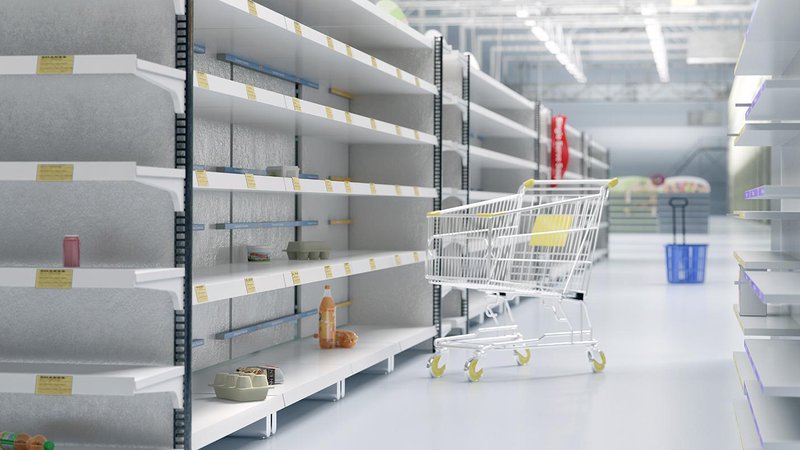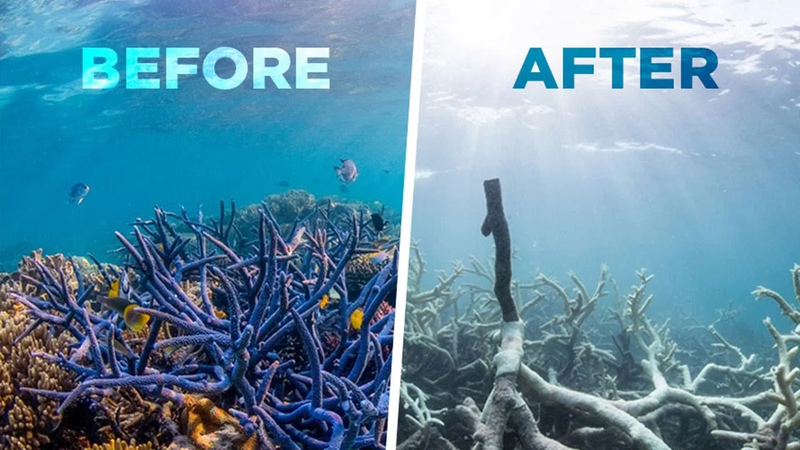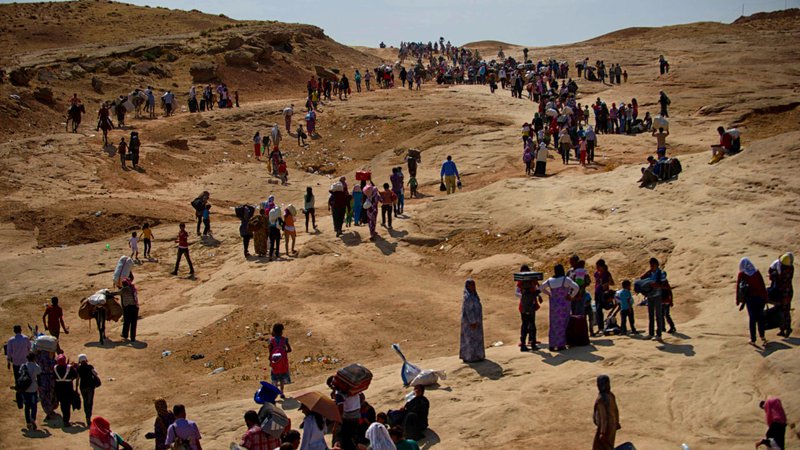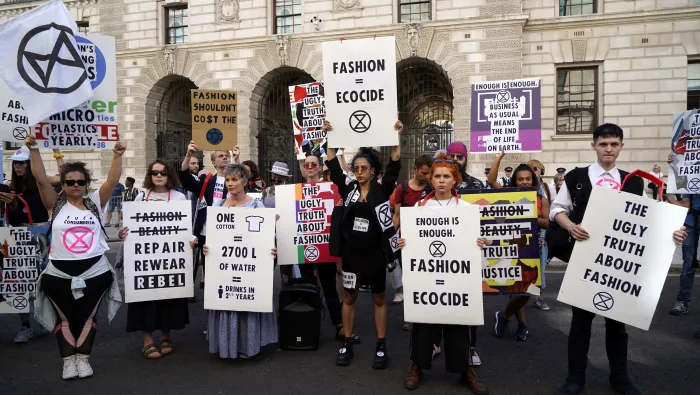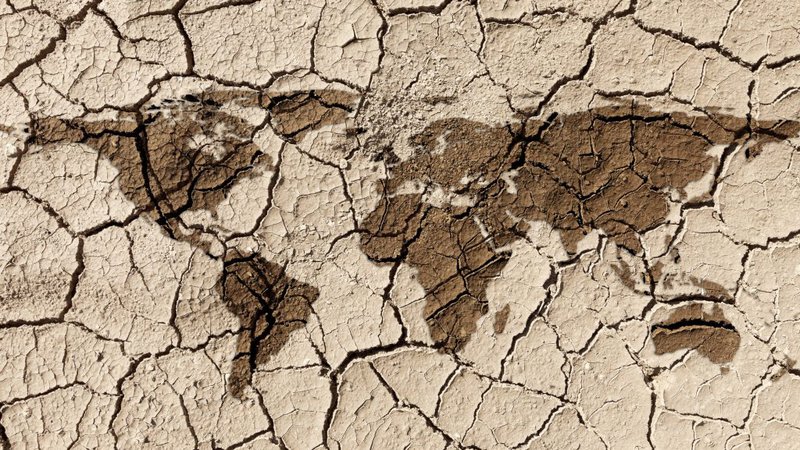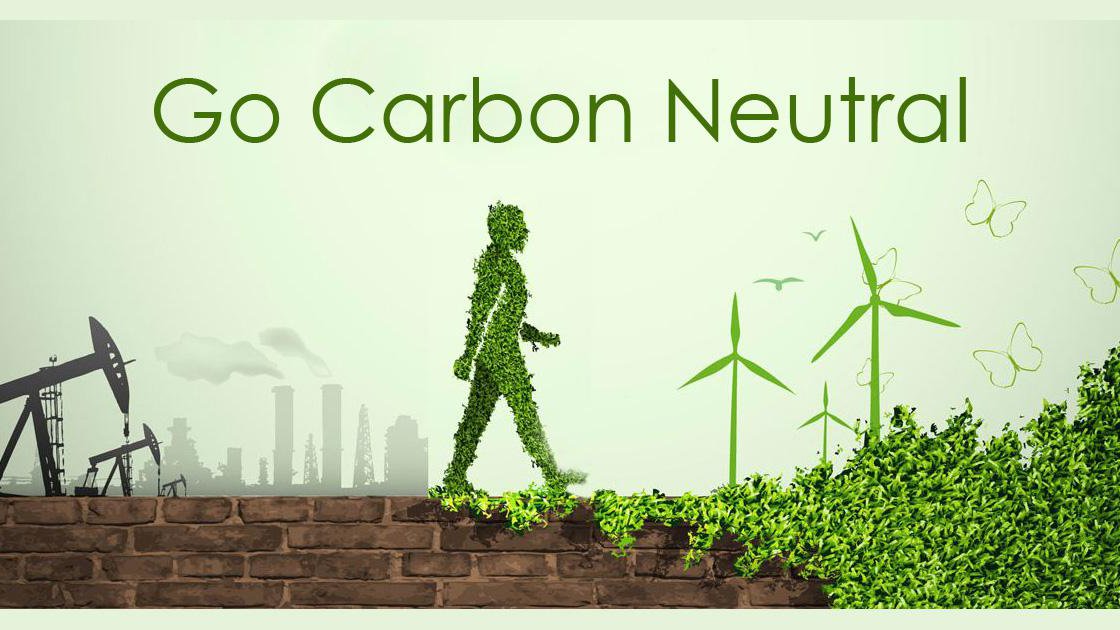
One household's journey to carbon neutrality
Reaching net zero carbon would require us to tear down our house and rebuild it from scratch, which is unfeasible and unaffordable. But! We are doing our best to move as close to carbon neutral as possible. Here is what we have done and some ideas for your household. Check your Carbon Footprint here.
House
Solar Panels
Solar panels allow us to send renewable electricity back to the grid. We received a large tax deduction for the purchase and will eventually save upwards of $50,000 over a 20 year period on electricity. We also receive a check every year from the utility company for whatever renewable energy we send back to the grid (check your state's policies regarding utilities requirements for renewable energy).
Whole House Fan
A whole house fan allows us to cool the house using outside air over the summer months instead of relying on air conditioners, which require a lot of energy to run. Whole house fans work especially well after the sun has set.
Home Energy Audit
We requested a free energy audit from our utility company. They gave us free LED light bulbs, low flow shower heads, very reduced cost insulation, and free air sealing to prevent warm air from leaving the house in the winter. (Check your state's policies regarding utilities requirements for energy audits).
Replace Natural Gas
The goal is to move our house away from natural gas by replacing our natural gas boiler with a heat pump.
Yard
Compost
We compost all of our food scraps and use the broken down organic matter to add as fertilizer to the soil. This allows us to grow healthier plants and produce food that has higher nutritional value.
Gardening and Planting
Our yard is covered in plants local to New England, which act as a carbon sink. We keep the soil healthy by adding natural fertilizer and avoiding pesticides, insecticides, and chemical fertilizers. Healthy soil grows healthier food, plants, and also acts a carbon sink. Healthy soil and plants ensures that animals and insects (including pollinators) have a place to hang out.
Mulch
Instead of buying wood chips, a lot of which is chemically treated, we use leaves and pine needles as a natural mulch.
Ground Cover
Our goal is to replace our lawn, which is considered an ecological dead zone, with ground cover, which creates a more inviting environment for animal and insect life. Ground cover requires no maintenance or the use of gas burning lawn mowers. Right now we have some moss, but plan to plant more ground cover.
Money
Banking
Chase, Wells Fargo, BOA, and Citi are the four worst banks in the world for funding fossil fuel projects. Each person in our household banks with one of these banks and has been pressuring them to divest from fossil fuels. If they do not divest soon, we will move to a green bank or a local credit union that does not invest our money into dangerous fossil fuel projects.
Insurance
Liberty Mutual is the worst backer of insuring and funding fossil fuel projects. We have reached out to them and will switch insurance companies if they do not take action.
Investment and Retirement
Vanguard, Blackrock, and State Street are the three worst investors funding fossil fuel projects. As with our banks and insurance companies, we are pressuring them and will eventually move our money to a green investor.
Check out Stop the Money Pipeline for help moving your money.
Transportation
Daily Travel
We are attempting to walk or bike more and drive less, and our next car will be hybrid or electric. Public transportation was a good option until the pandemic began.
Airplane Travel
Airplane travel is a thing of the past - if anyone in the house takes a vacation, it's closer to home. Airplane travel is responsible for around 5% of global heating.
Diet
Meat and Dairy
We cut back almost completely on red meat and dairy. Chicken and fish are still on the menu, but moving towards a plant-based diet is the goal.
Consumption
Clothing and household items
Cutting back on overall consumption of unnecessary clothing and household goods has been part of our lifestyle change. Over the holidays, we skip buying gifts and opt for time together and home-made gifts. So many clothing and household items are created using polluting processes and create trash that harms natural habitats. Check out our extensive resource list on ridding your house of plastics, excessive trash, and chemicals.
Other ideas
- Don't heat your house above 68 degrees in the winter
- Geothermal Heating
- Be mindful about shutting off lights
- Hang out laundry on a clothes line instead of using the dryer to use less energy
- Make sure to recycle papers, plastic, metals, and properly dispose of hazardous waste and old medications
- Use reusable water bottles, coffee cups, and utensils instead of using single-use plastics
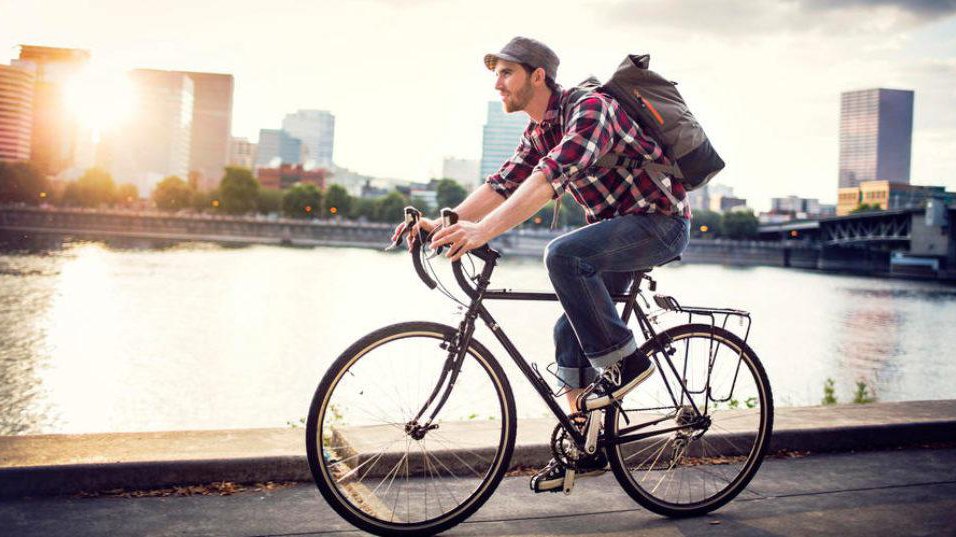
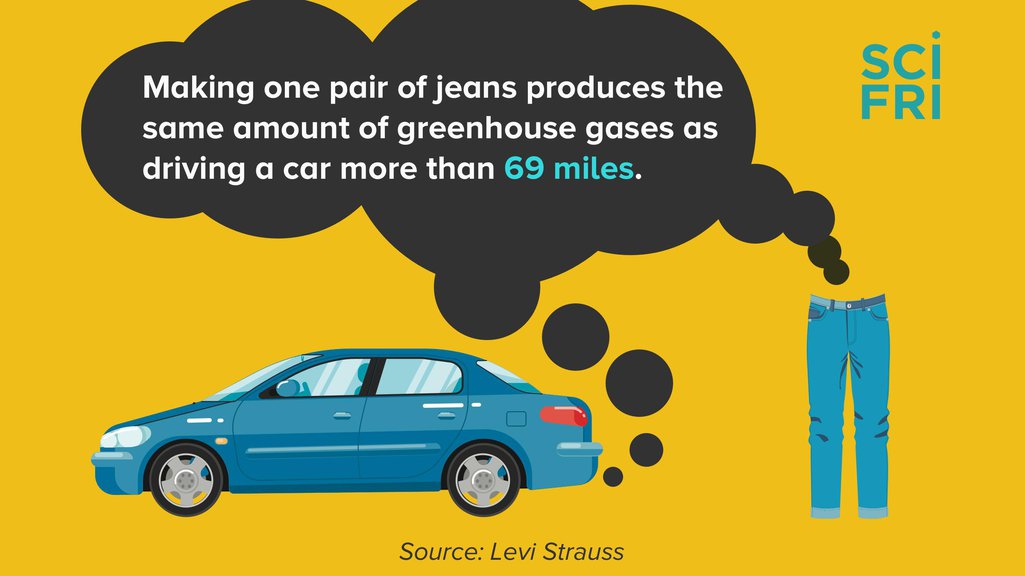
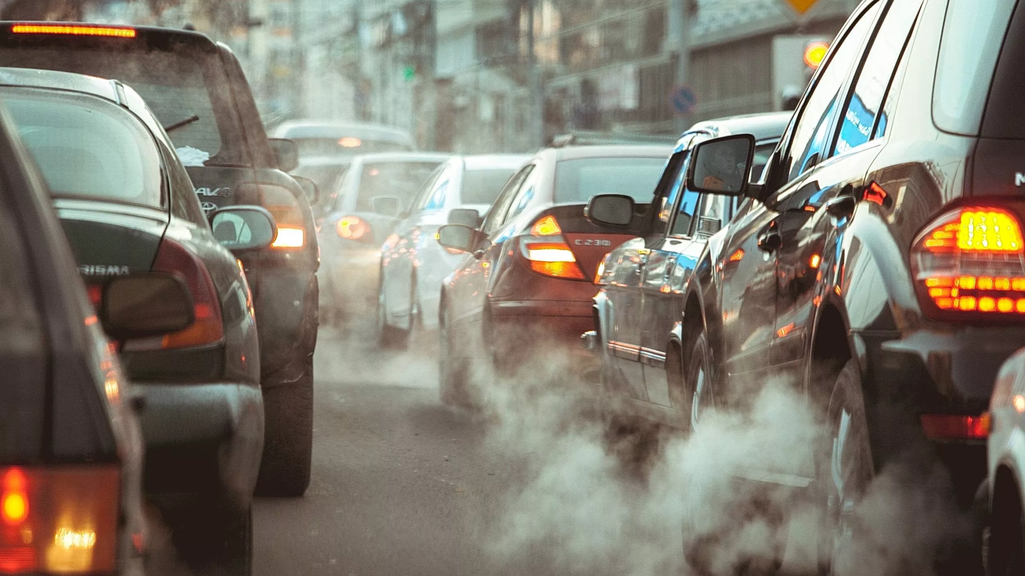
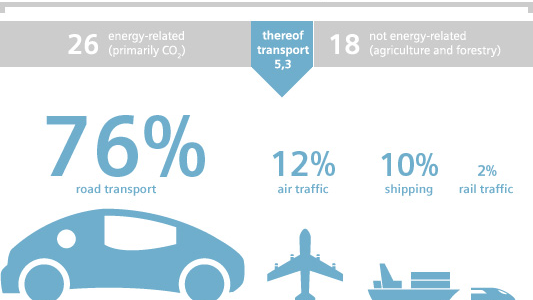
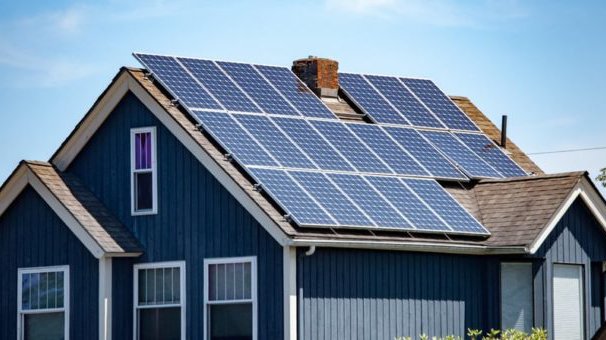
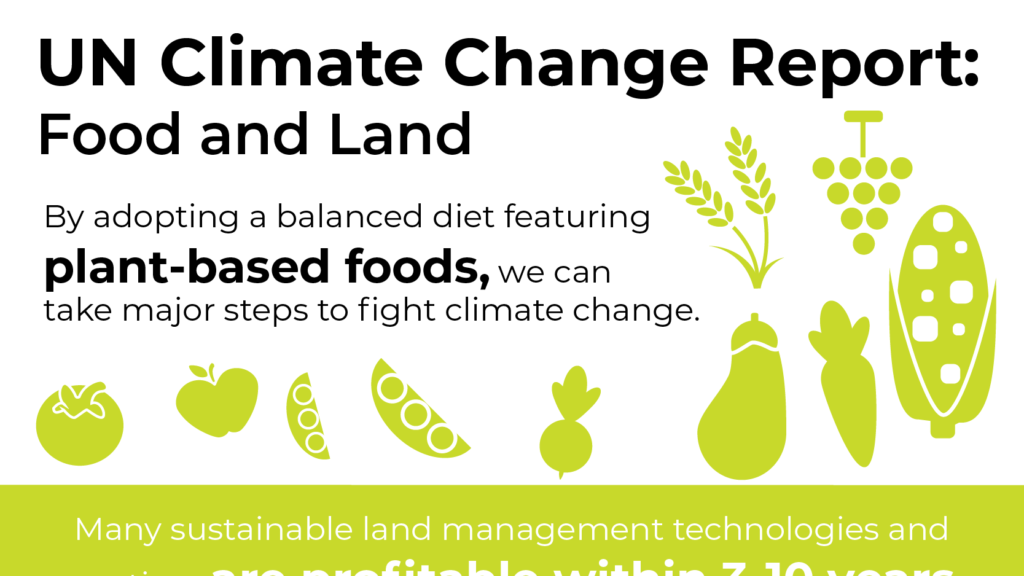
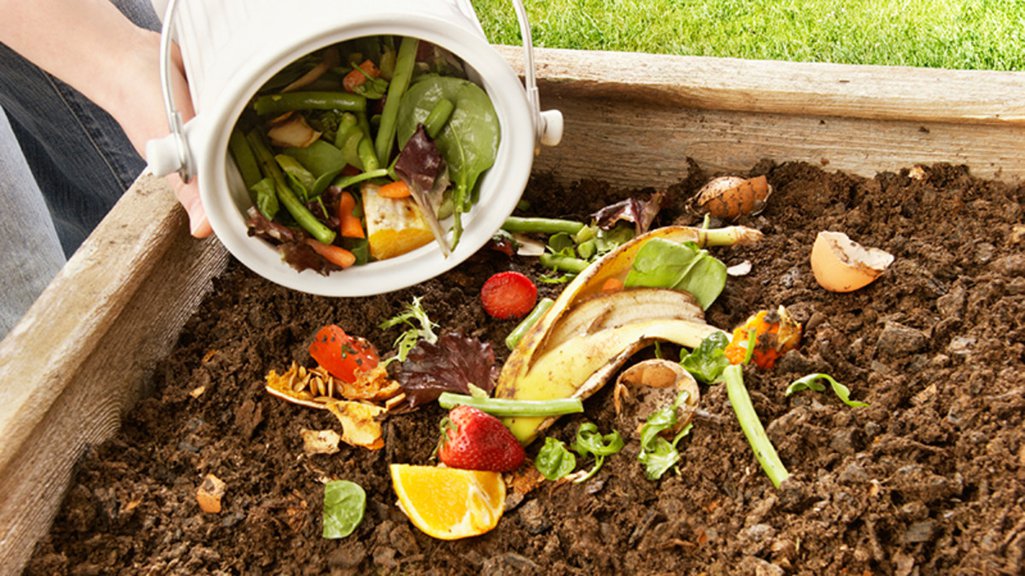
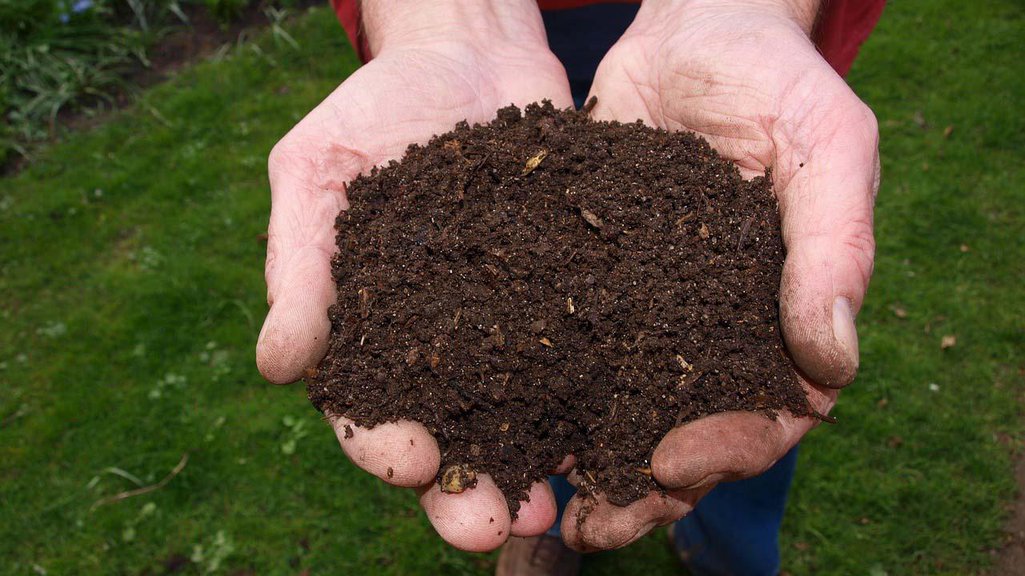
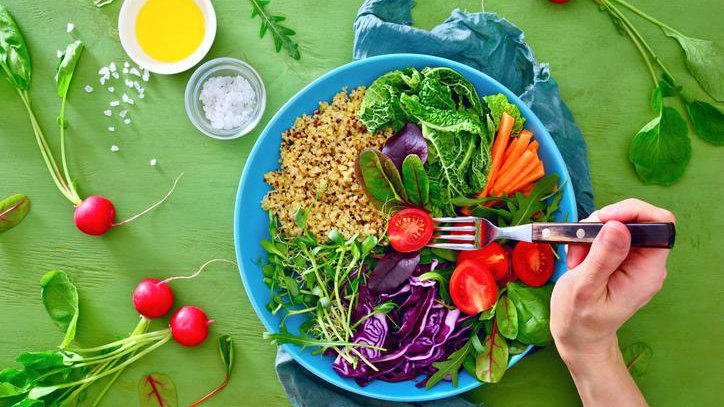
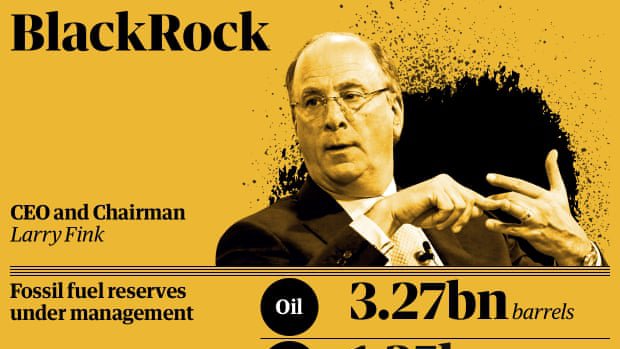
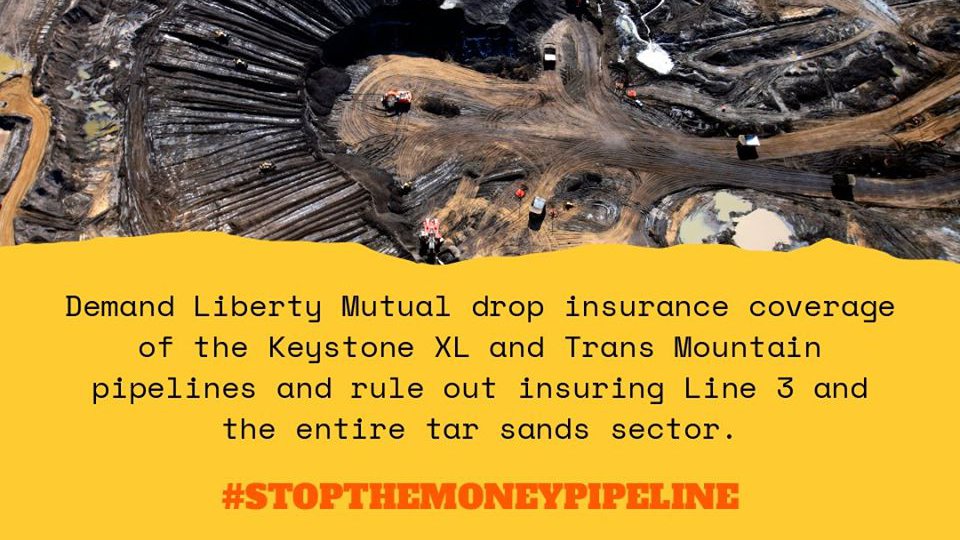
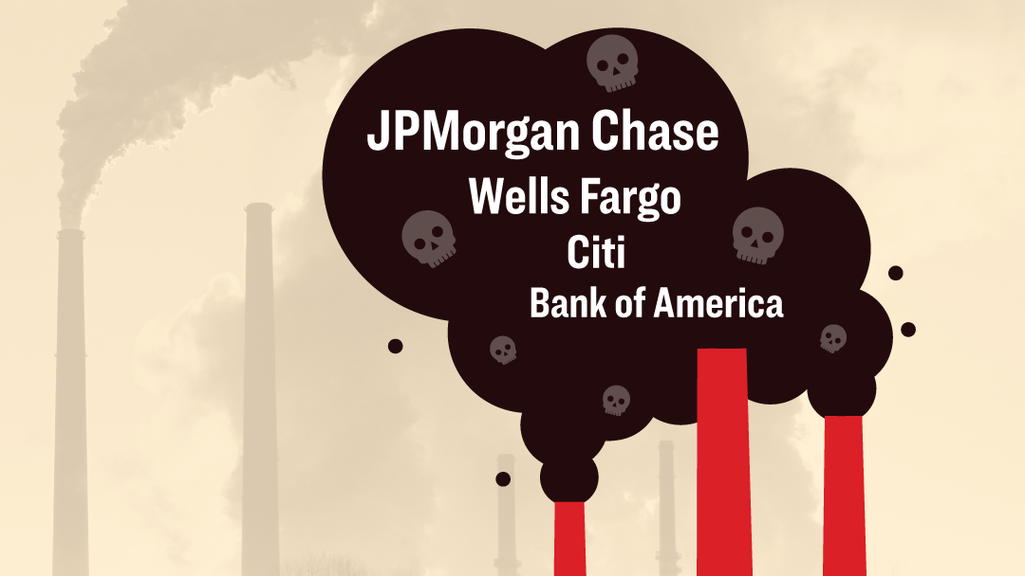
Related Stories:
Featured:
-
Stop the Fossil Fuel Industry, Now: List of events for Extinction Rebellion Boston's September week of rebellion
-
A compilation of books, movies, articles, and ways to take action to protect Black lives
-
Nadia Colburn, PhD and member of Extinction Rebellion Media team, discusses how to talk about the climate and ecological crisis with family and friends.
Upcoming Events:
-
Sat Apr 20th @ 2 p.m.
-
Sun Apr 21st @ 2 p.m.
-
Sun Apr 21st @ 7 p.m.

